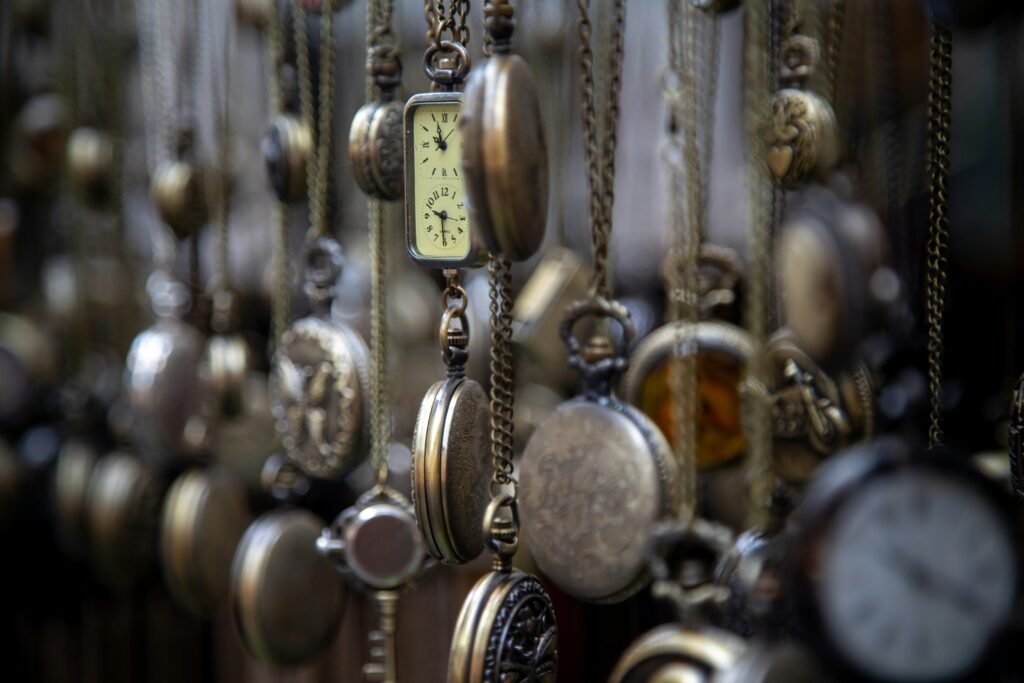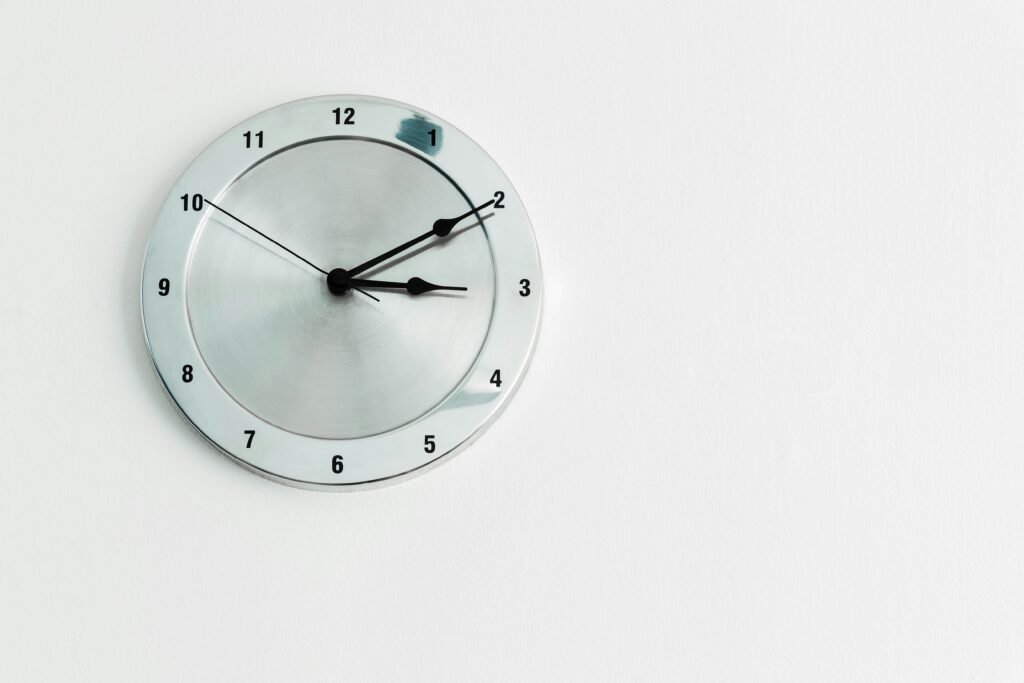Welcome to an article that will guide you on the key practices for ensuring the longevity of your clocks through regular maintenance. By following simple routines and tips, you can keep your clocks in top condition and functioning smoothly for years to come. From dusting and cleaning to oiling and adjusting, these practices will help you preserve the beauty and functionality of your beloved timepieces. Say goodbye to clock problems and hello to hassle-free upkeep with these helpful suggestions. Have you ever wondered how to ensure your clock lasts for many years to come? By implementing regular maintenance practices, you can help prolong the longevity of your beloved timepiece. Let’s explore some key practices for keeping your clock in excellent working condition.

This image is property of images.unsplash.com.
Importance of Regular Maintenance for Clocks
Maintaining your clock through regular upkeep is essential for ensuring its longevity and accuracy. Just like any other mechanical device, clocks require ongoing care to function correctly. By setting aside time to perform maintenance tasks on your clock, you can prevent potential issues from arising in the future.
Clocks that go without maintenance are more prone to malfunctions and inaccuracies, leading to costly repairs down the line. By incorporating regular maintenance practices into your routine, you can enjoy the beauty and functionality of your clock for many years to come.
Benefits of Regular Maintenance
Regular maintenance offers numerous benefits to clock owners, including:
- Prolonged Longevity: By regularly cleaning and lubricating your clock, you can help extend its lifespan.
- Improved Accuracy: Routine maintenance can keep your clock running smoothly and accurately, preventing timing discrepancies.
- Prevention of Costly Repairs: Small issues can turn into major problems if left unattended, leading to expensive repairs down the line.
- Preservation of Aesthetics: Proper maintenance can help preserve the appearance of your clock, keeping it looking beautiful for years.
Daily Maintenance Practices
Incorporating simple daily maintenance practices can go a long way in keeping your clock in top condition. By dedicating a few minutes each day to caring for your timepiece, you can help prevent the buildup of debris and ensure its accuracy.
Dusting
Dusting your clock regularly with a soft, lint-free cloth can help prevent the accumulation of dirt and debris on its surface and inside its mechanisms. Be gentle when dusting delicate parts of the clock to avoid causing damage.
Checking for Sound
Listen for any unusual sounds coming from your clock, such as ticking irregularities or grinding noises. These could be early indicators of a problem within the mechanism that may require attention from a professional.
Winding
If your clock requires manual winding, make it a daily practice to wind it at the same time each day. This consistent routine can help maintain the accuracy of your timepiece and prevent any interruptions in its operation.

This image is property of images.unsplash.com.
Weekly Maintenance Tasks
In addition to daily maintenance practices, implementing weekly maintenance tasks can further enhance the performance of your clock. These tasks focus on deeper cleaning and inspection to ensure that your clock continues to function optimally.
Cleaning
Weekly cleaning of your clock involves more than just dusting its surface. Use a soft brush or compressed air to remove debris from hard-to-reach areas, such as crevices and corners. Avoid using harsh chemicals or abrasive materials that could damage the clock’s finish.
Time Adjustment
Take the time each week to adjust the time on your clock if necessary. Changes in temperature and humidity can affect the accuracy of the clock, requiring periodic adjustments to maintain its precision.
Inspection of Moving Parts
Inspect the moving parts of your clock, such as the hands and pendulum, for any signs of wear or damage. Tighten any loose screws or connections to prevent malfunctions and ensure smooth operation.
Monthly Maintenance Procedures
Monthly maintenance procedures are designed to provide more comprehensive care for your clock, addressing issues that may not be apparent during daily or weekly maintenance routines. By setting aside time each month for these tasks, you can keep your clock in optimal condition.
Detailed Cleaning
Perform a more thorough cleaning of your clock by dismantling it and cleaning each component individually. Use a gentle cleaning solution and soft cloth to remove dirt and grime from the inner workings of the clock.
Lubrication
Lubricate the moving parts of your clock with a high-quality clock oil to ensure smooth operation and reduce friction. Proper lubrication can help prevent wear and tear on the mechanism and prolong the life of your clock.
Calibration
Check the calibration of your clock each month to ensure its accuracy. Use a precision tool or reference time source to adjust the clock’s timekeeping mechanism if necessary.

This image is property of images.unsplash.com.
Annual Maintenance Checklist
Annual maintenance serves as a comprehensive evaluation of your clock’s condition, focusing on identifying potential issues and addressing them promptly. By performing these tasks once a year, you can help prevent major problems and extend the lifespan of your clock.
Professional Inspection
Schedule a professional inspection of your clock once a year to assess its overall condition and performance. A skilled clockmaker can identify any underlying issues and recommend necessary repairs or adjustments.
Overhaul
Consider having your clock overhauled annually to replace worn-out parts and ensure optimal performance. This process involves disassembling the clock, cleaning each component, and replacing any worn or damaged parts to restore its functionality.
Calibration Testing
Conduct calibration testing on your clock to verify its accuracy and make any necessary adjustments. Use a reference time source to compare the clock’s timekeeping accuracy and fine-tune its mechanisms as needed.
Troubleshooting Common Clock Issues
Despite regular maintenance efforts, clocks may still encounter common issues that require attention. By familiarizing yourself with these problems and how to address them, you can troubleshoot minor issues and prevent them from escalating into major malfunctions.
Clock Stopping
If your clock stops unexpectedly, check the following factors:
- Ensure the clock is wound properly and has enough power to operate.
- Verify that the hands are not obstructed and can move freely.
- Inspect the pendulum for any misalignments or obstructions.
Inaccurate Timekeeping
If your clock is not keeping accurate time, consider the following solutions:
- Adjust the timekeeping mechanism according to the clock’s manufacturer specifications.
- Check for any external factors, such as temperature changes, that may be affecting the clock’s accuracy.
- Inspect the hands and gears for wear or misalignments that could be causing timing discrepancies.
Pendulum Swinging Issues
If the pendulum on your clock is swinging irregularly or not at all, try the following steps:
- Ensure the pendulum is properly aligned and securely attached to the mechanism.
- Check for any obstructions or debris that may be impeding the pendulum’s movement.
- Verify that the clock is level and stable to allow the pendulum to swing freely.
Conclusion
Caring for your clock through regular maintenance practices is essential for ensuring its longevity and accuracy. By incorporating daily, weekly, monthly, and annual maintenance routines into your schedule, you can prevent potential issues, extend the lifespan of your clock, and enjoy its beauty and functionality for years to come. Remember to consult a professional clockmaker for complex repairs or maintenance tasks beyond your expertise. Happy clock maintenance!
